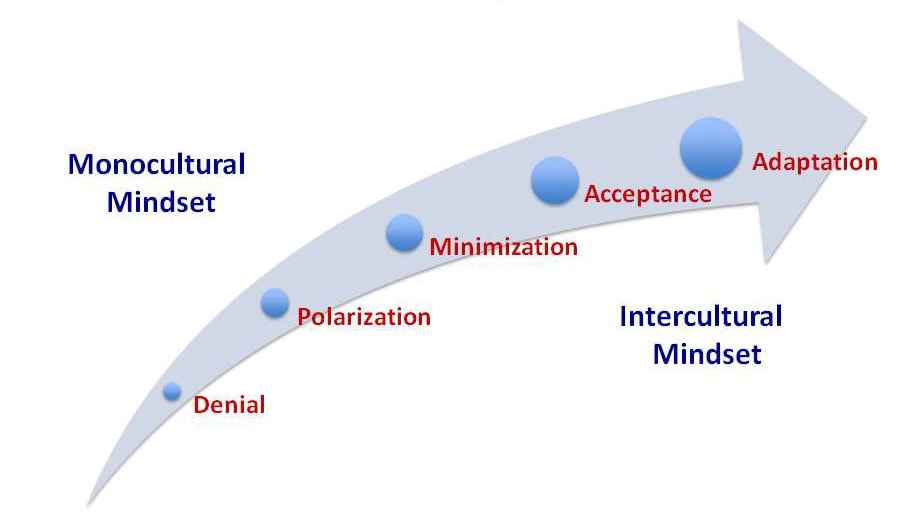|
Saturday, September 9, was a beautiful summer day — which made it even more remarkable that 130 people chose to spend it indoors. Why? They were part of the Unity Church-sponsored workshop on the Intercultural Development Inventory, or IDI. The IDI is a tool used to assess an individual’s or group’s progression along a continuum of cross-cultural competence. It evaluates one’s ability to understand and effectively work across virtually any type of cultural difference – whether that difference is rooted in race, sexual orientation or gender identity, class, national origin or other forms of identity and culture. For a congregation like Unity seeking to grow its justice work, both literally and spiritually, the IDI represents a way to understand our strengths and our deficits. Phyllis Braxton of PINK Consulting gave a lively presentation discussing the features and characteristics of the stages of intercultural competence. She used humor and a surprisingly challenging exercise in counting the number of Fs in a displayed text to illustrate her points. Most of the 130 people gathered in the Parish Hall had completed an IDI questionnaire in the days leading up to our gathering. This enabled us to discuss where the group fell along a developmental continuum, and where we aspire to grow. The IDI continuum defines five key developmental stages in intercultural competence:
At each of these stages, the IDI offers practical guidance on how organizations and individuals can improve their intercultural competence, and grow along the continuum. Further, the IDI measures not just where one falls on the continuum, but assesses where we think we are – and the two are rarely one and the same. For both organizations and individuals, there is typically an aspiration gap. More often than not, we perceive ourselves to be more cultural competent than we actually are. This gap tells us where our work must be done, for as Parker Palmer reminds us, “we find the holy in the aspiration gap – between who we are and who we want to be.” After the morning’s work, attendees broke out into smaller groups based on their roles in church life – religious education, worship associates, community outreach, pastoral care, ushers and greeters, library/bookstall, the Board of Trustees, and so forth. In these groups, we tackled hard questions about what our IDI results mean for our programs and practices. We love so many things about our church – and change is hard. But we are called to shift in ways that mean a deliberate reimagining of who we could be, and how to expand what we even mean by we. Following are some comments from the participants in one breakout group as they tackled the question of how to apply these learnings to their area of ministry.
And this was just a beginning! More opportunities related to this work will be forthcoming.
0 Comments
Leave a Reply. |
Topics
All
Beloved Community ResourcesUnity Justice Database
Team Dynamics House of Intersectionality Anti-Racism Resources in the Unity Libraries Collection Creative Writers of Color in Unity Libraries The History of Race Relations and Unity Church, 1850-2005 Archives
July 2024
Beloved Community Staff TeamThe Beloved Community Staff Team (BCST) strengthens and coordinates Unity’s antiracism and multicultural work, and provides opportunities for congregants and the church to grow into greater intercultural competency. We help the congregation ground itself in the understanding of antiracism and multiculturalism as a core part of faith formation. We support Unity’s efforts to expand our collective capacity to imagine and build the Beloved Community. Here, we share the stories of this journey — the struggles, the questions, and the collaborations — both at Unity and in the wider world.
The current members of the Beloved Community Staff Team include Rev. Kathleen Rolenz, Rev. KP Hong, Rev. Lara Cowtan, Drew Danielson, Laura Park, Lia Rivamonte and Angela Wilcox. |
